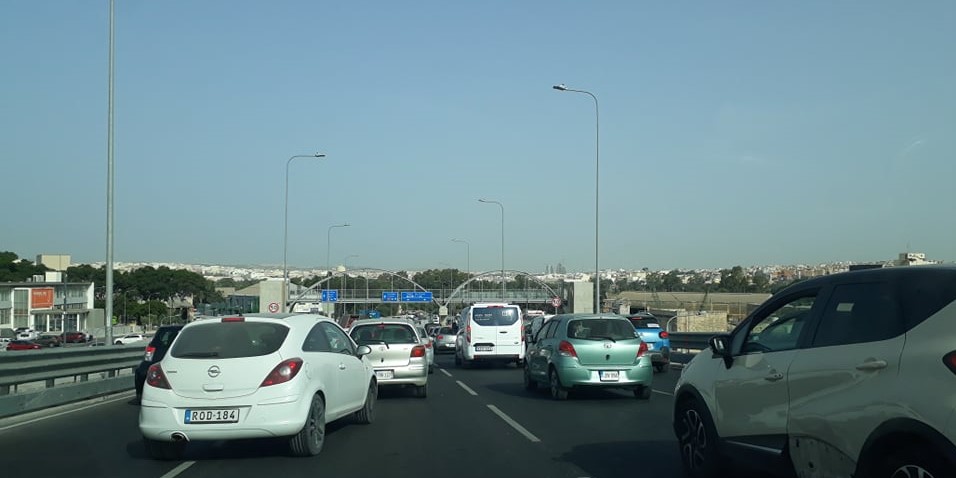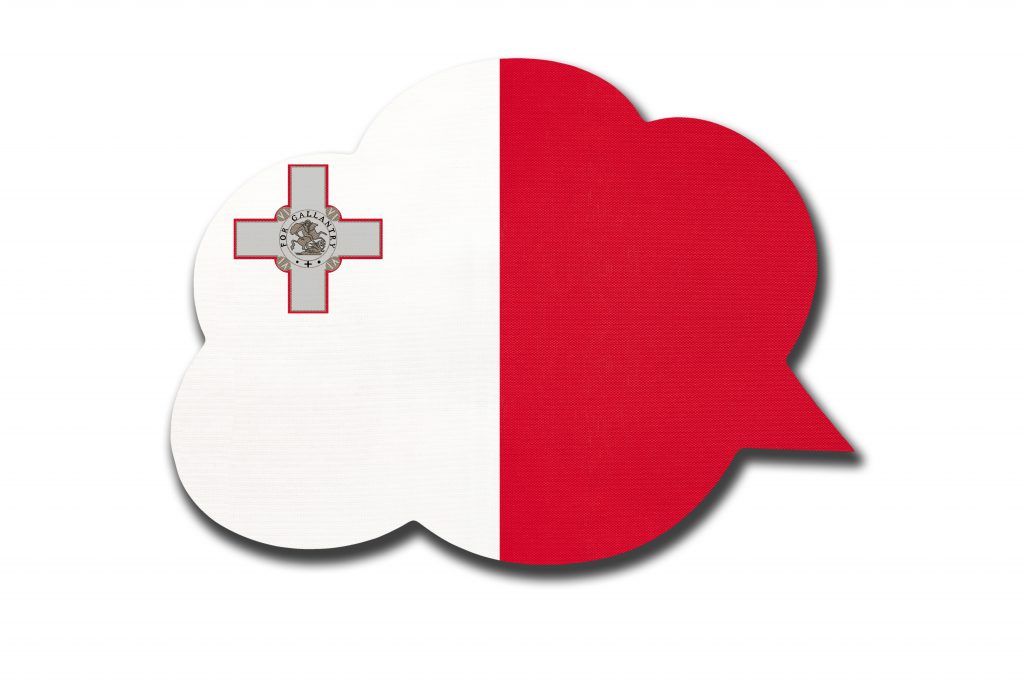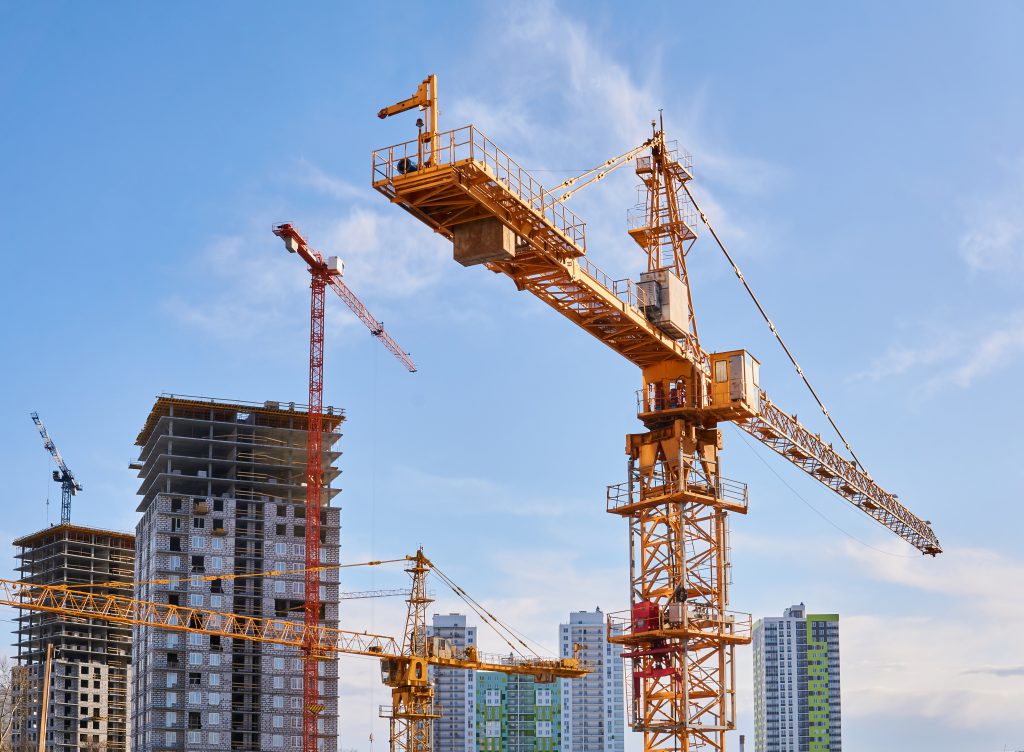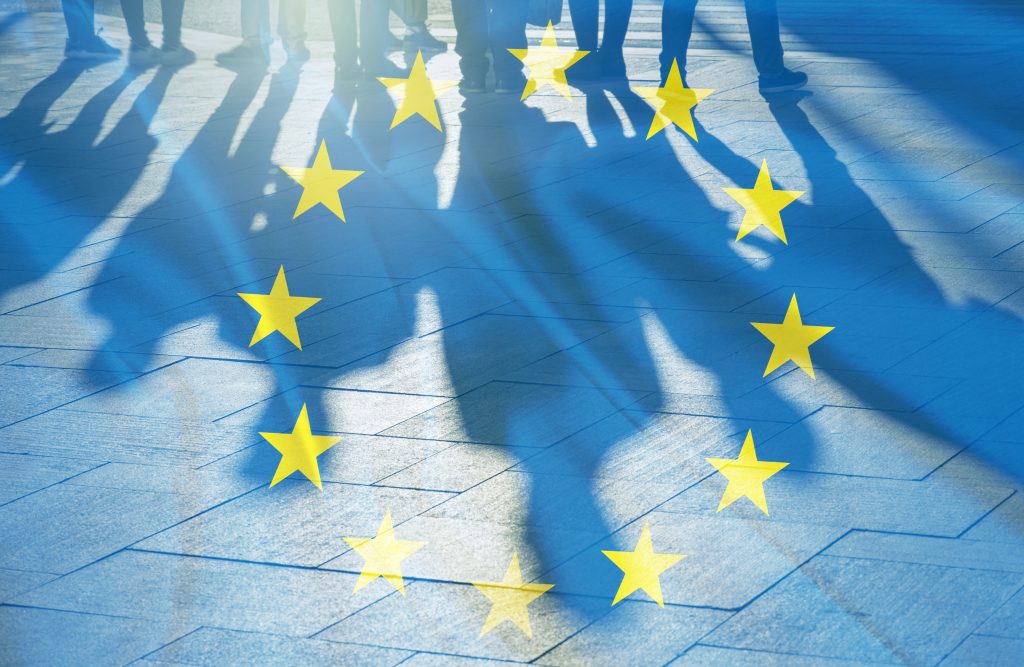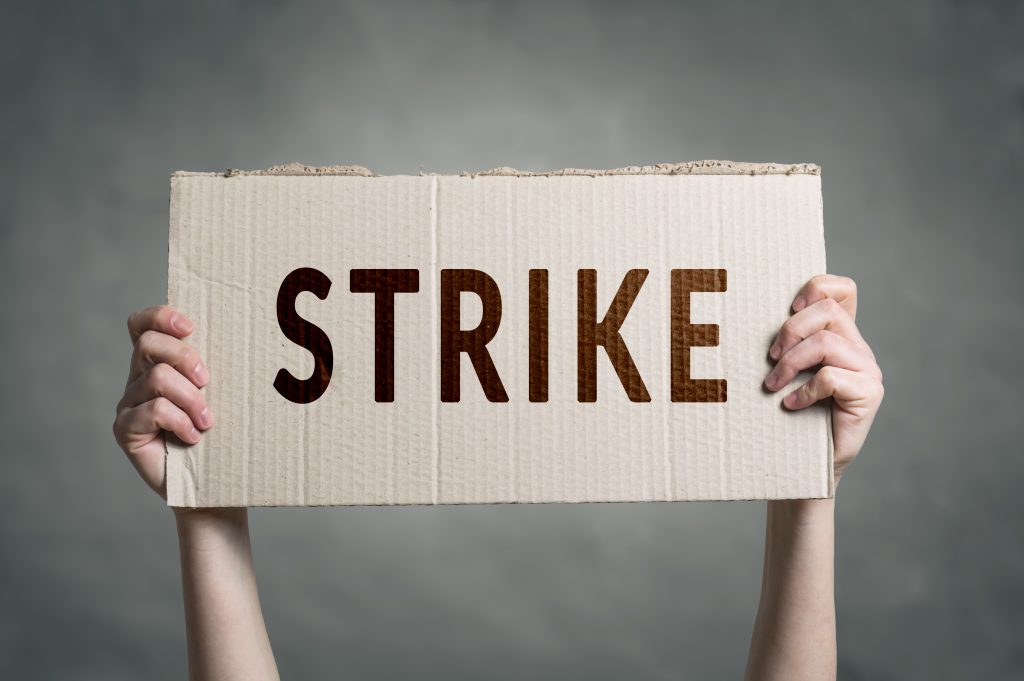Archive for Editorial
A ticking time bomb
Waste management has become one of Malta’s biggest challenges ranging from municipal waste to that generated by the construction industry. Whilst this is a global issue, Malta’s population density, its…
Constant gridlock within a maze
Traffic congestion and the constant gridlock in certain hot spots have made a strong comeback as life is coming back to a degree of normality with the easing of the…
Time to consider full-time MPs?
This year Malta is marking 100 years of parliamentary democracy. It was on April 14, 1921 when the first sitting of the democratically-elected House of Representatives was held at the…
Our national language
The identity of a nation is intertwined in history, traditions, culture, geographical location and its language. The latter is a privilege that not every country enjoys. Huge countries like the…
The writing is on the (concrete) wall
The term uglification is fast being associated with controversial developments mushrooming all over the island which critics say are spoiling urban conservation areas, village skylines if not our quality of…
Our political class or the lack of it
Political candidates, MPs and members of Cabinet are full steam ahead doing house visits and seeking all forms of media exposure as part of their efforts to win that elusive…
They passed the test but we are paying the price
Malta seems to have done enough, at least for the time being, to avoid the daunting prospect of being grey listed for not having the required checks and balances in…
ELA needs to assert its authority
European Labour Authority executive director Cosmin Boiangiu was recently in Malta for talks with the government and various stakeholders including employers and unions who are part of the Employment Relations…
Workers’ Day – What does it really mean?
For the second year running, Workers’ Day is being commemorated in extraordinary circumstances due to the COVID-19 pandemic. Mass celebrations and events cannot be held nor activities such as the…
Don’t shoot the messenger!
Time and time again UHM Voice of the Workers has had to resort to industrial action in the face of cases whereby the employer is running roughshod over workers’ fundamental…


